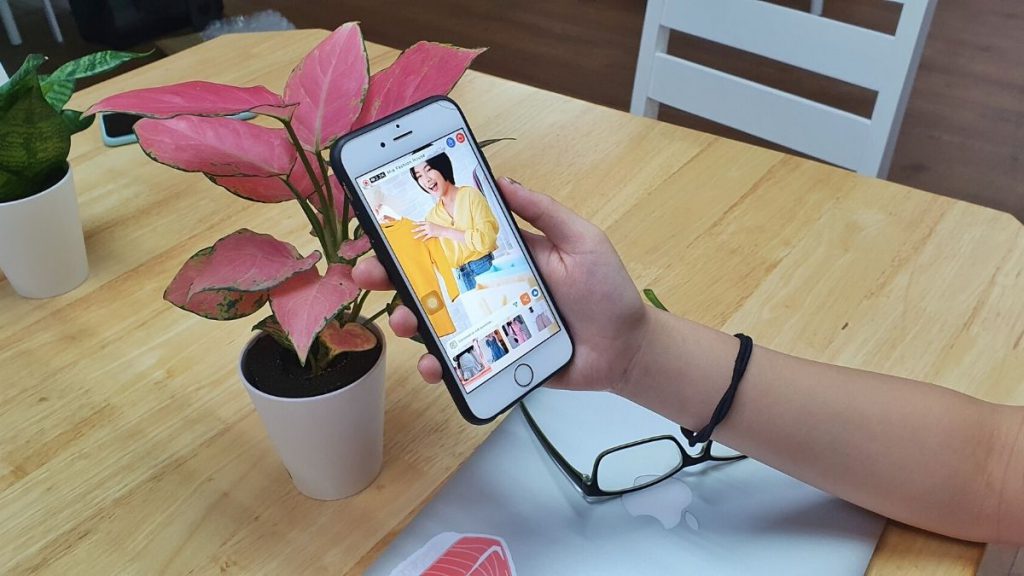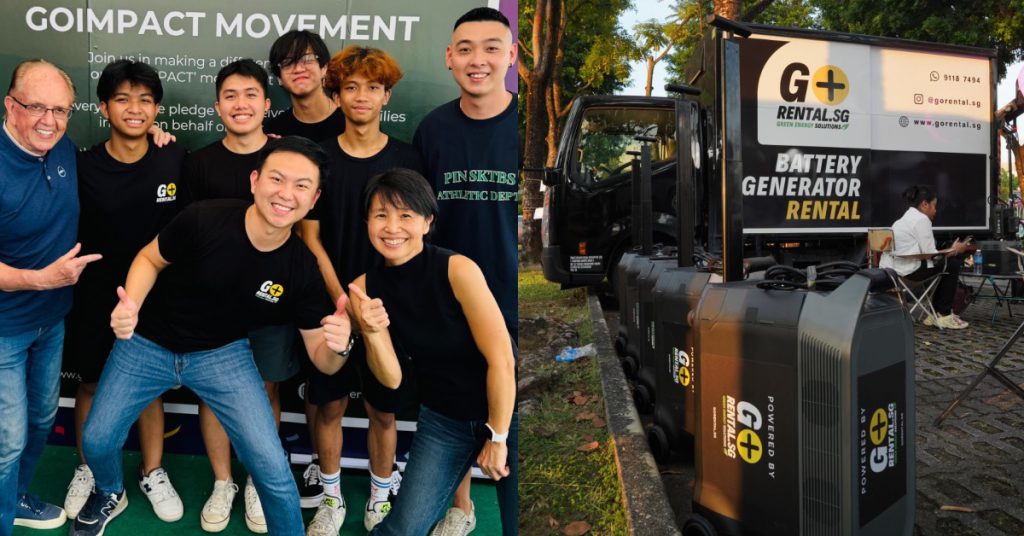E-commerce is still an ever-changing landscape. The most common version we’re used to is the type where we already have something to buy in mind, and head straight to the website to buy it.
Most e-commerce giants cater to this.
But what if we started having sites that specifically catered to another type? One that’s similar to the bazaar experience complete with live interactions with merchants, but virtually?
Floop is a Malaysian startup preparing to launch, and it’s catering to the crowd that purchases based on their emotional needs and wants before trying to logically justify their purchase.
Think of those times when you’ve been to a bazaar and seen merchants promoting their products in-person.
It catches your attention and you head towards it to see more, and you might even end up buying it.
This is what Floop is trying to recreate to a certain extent, by creating a site that allows merchants to market their products live online.
“But how is this any different from merchants who are already selling on FB Live?”, you might ask.
We brought this question to Koi Hann Yung (Hann), founder of Floop.
An Improved Alternative To FB Live
“With FB Live, buyers have to go through a very manual, inconvenient journey just to purchase an item,” he replied.
“Without the direct checkout feature that we’re offering on Floop, sellers are potentially losing customers as keen buyers aren’t able to make their purchases instantly.”
Floop is implementing a payment system on their own site that Hann described as being “one so simple even a non-techie will be able to operate”.
However, I can’t help but think that Facebook still offers merchants the advantages of being a free service and allowing easy access to the existing fanbase on their own page.
On Floop, they’d have to pay a small fee for every transaction made (the actual percentage of which is still being decided upon).
As for the other advantage that I thought FB Live had over Floop, Hann clarified:
One major selling point for many of the existing FB Live sellers is the fact that our platform enables them to actually sync their livestreams across multiple social media channels, so they don’t have to give up their current existing buyers on Facebook.
Koi Hann Yung, founder of Floop
As a value-added feature, sellers on Floop will also be able to view their sales statistics since the team will compile easy-to-read data reports for them.
Hann and his team have been busy acquiring merchants, and he shared that they now have over 300 of them signed up to be onboarded once Floop launches in Q4 2020 after its pilot testing.
Upon launching, they’ll acquire more through an agent programme within Floop’s site for people who want to earn passive income.
Editor’s Note: Information in the above paragraph has been edited to reflect greater accuracy.
Recreating The Live Shopping Experience To An Extent
From a customer’s POV, Floop enables them to pose concerns and questions and get them answered on the spot during a merchant’s product demo Q&A session.
This is one thing that I’d appreciate as a buyer, as oftentimes I find myself still feeling doubts about making a purchase despite ratings and reviews with pictures.
Sometimes, the pictures don’t even do the products justice.
I usually end up hunting down the product offline to really get a feel for it before deciding to purchase it (or not).
While Floop’s live e-commerce won’t be able to replicate that experience exactly, seeing the product’s usage being demonstrated by the merchant would be next best thing to me.

“That interaction touches on your emotional needs, and is something we at Floop feel is very much needed in today’s online shopping experience,” Hann described.
Customers can also checkout and make their purchases while the livestream continues playing in the background, and benefit from a loyalty programme by Floop.
“Another strategy we are using is the onboarding of influencers whom sellers can engage to help in the promoting and livestreaming of their products,” Hann said.
“We’ve narrowed it down to these strategies to assist us in forming a community where all parties can profit from—be it seller, buyer, agent, or promoter.”
Starting Small, Dreaming Big
As it’s still in its nascent stages, the only revenue stream Floop will have for now is the transaction fee.
“Other revenue streams we foresee further down the line include ad revenues and commissions, though these will come at a much later date once the community is sufficiently big,” Hann said.
He anticipates that they’ll still need to run some experiments to further determine product market fit, but added, “We are confident that Floop will be the next game changer as we focus a lot on consumer needs and keeping up with the trend by constantly evolving.”
To further add value to the site, he shared intentions of building their own e-wallet system to help facilitate their cashflow.
I assume that it’d be tough to convince customers to adopt yet another e-wallet, but I’d be interested to see Floop pull it off.
“Currently, we are only focused within the Malaysian market, and primarily FMCG and health & beauty goods, followed by other categories,” Hann said, adding that they’d like to expand into greater Southeast Asia in the next 2 years.
Floop isn’t the only app in this space that’s offering livestream shopping, however, as Lazada added such a feature in 2018 and Shopee soon hopped on the trend too.
Nonetheless, it’s only an add-on feature for the two e-commerce giants, and not the core of their business model.
So, perhaps Floop has a better chance of grabbing a slice of the multi-billion revenue that livestream shopping is predicted to generate in 2020.
Featured Image Credit: Koi Hann Yung, founder of Floop













